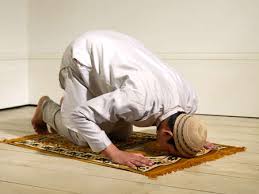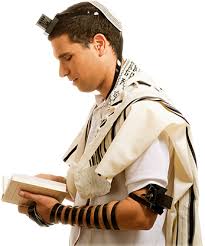Janet Adkins, a candidate for school superintendent in our community, included the following in an op-ed piece in the local paper:
As a mom, I have had my child come home and share with me how he was offered “extra credit” if he could memorize the “five pillars of Islam.”…I am opposed to instruction of Islam ideas in our public schools. We should not allow instruction in the classroom to minimize the threat that is posed by Islamic terrorists who are seeking to destroy us. (Source: Fernandina Beach News Leader, August 17, 2016)
In contrast to Ms. Adkins’ immediate and visceral response to the assignment, my first thought was, “Why would a teacher give this assignment?” And since I was unfamiliar with the specifics of the “five pillars,” I Googled the term. Guess what? The only difference between the “five pillars” and similar tenets of Christianity and Judaism is semantics. Consider the following:
Pillar #1: Shahadah: sincerely reciting the Muslim profession of faith. How does this differ from Christian belief that salvation is only possible through Christ the savior or the conviction by Jews they are the chosen people? Are these not also religion-specific professions of faith?
Pillar #2: Salat: performing ritual prayers in the proper way five times each day. Who could argue Judaism and Christianity do not have their own rituals? What is communion? What is the wearing of the yarmulke and prayer shawl?
Pillar #3: Zakat: paying an alms (or charity) tax to benefit the poor and the needy. Do the terms tithing and tzedakah ring a bell?
Pillar #4: Sawm: fasting during the month of Ramadan. According to beliefnet.com, the Muslim fast during Ramadan is a way to seek purity of heart and mind. Is that not the same goal for Jews who fast on Yom Kippur or Christians who observe Lent?
Pillar #5: Hajj: pilgrimage to Mecca. At the end of the Passover seder, Jews close the ceremony with the words, “Next year in Jerusalem.” When I Googled the term “holy land tours,” the first listing described the trip as “a Christian journey of a lifetime.”
So why would a teacher offer extra credit to students who research the five pillars of Islam? Perhaps that educator felt, in light of some individuals’ efforts (including a candidate for superintendent) to divide people, this was an opportunity to demonstrate that even diverse cultures have more in common than we are led to believe. What would be more heartening than a Christian or Jewish student reaching out to a Muslim classmate and having the following conversation?
Jewish Student: I can’t believe you have to fast for a WHOLE month. We only have to do it for 24 hours.
Muslim Student: Our fast is just during the day. We break fast every night. Is it true you don’t even take drinks of water during your fast? I don’t know if I could do that.
Christian Student: Sounds like we have it easy. All we have to do is give up one thing of importance to us. I gave up video games last year.
Muslim Student: I have a great idea. Let’s observe each others’ tradition during Ramadan, Yom Kippur and Lent.
Christian & Jewish Student: It’s a deal!
If opponents of multi-cultural content in our schools find the pillars of Islam so distasteful, are they willing to make the same pronouncements about similar tenets and rituals of their own religions. I challenge people like Janet Adkins to tell me what they find so offensive about the five pillars of Islam? Education should be about enlightenment. It appears she would rather keep our students in the dark.
For what it’s worth.
Dr. ESP


